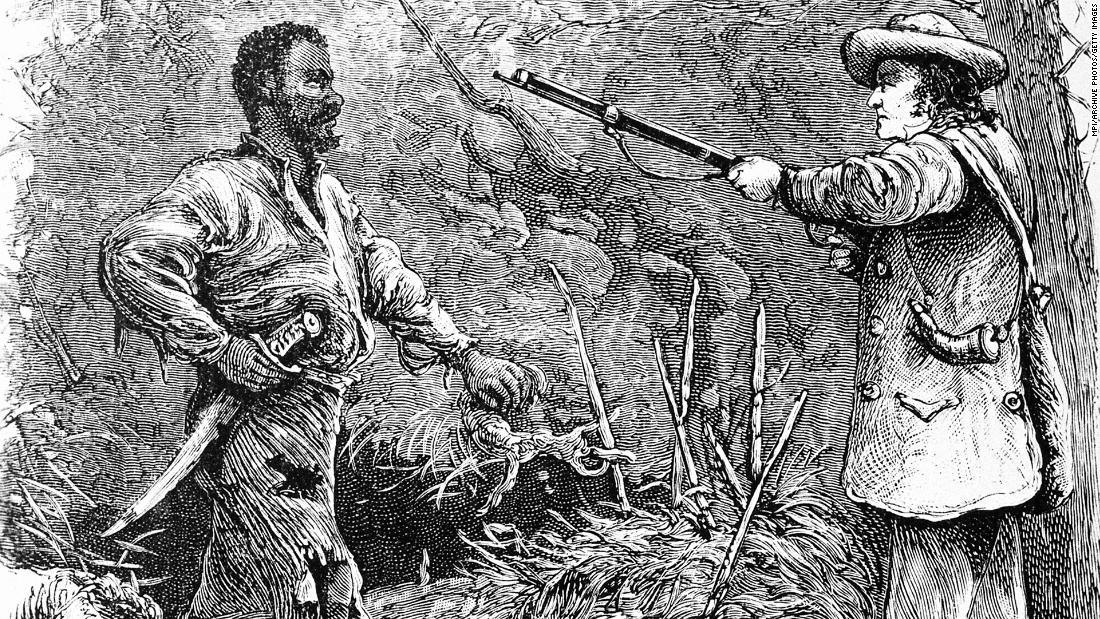Well, suspense is over . . . Neither of those two positions you have assigned to me are mine.
The 2ndA wasn't "about federal-State balance" . . . There was no balance, there was the right under the federal Constitution and the right under state constitutions.
There is the federal right to arms recognized in Presser that forbids states from disarming their citizens, but that right does not rely on the 2ndA, so no "balance" there.
As for me being, "correct that [the 2ndA] was not seen as an "individual right" until that construction was created out of whole cloth by Justice Scalia in 2010" . . .
That certainly isn't something I would ever say and I certainly wouldn't get the year wrong.
.
Well, since I was
quoting your post, I beg to differ:
"...NOBODY had a claimable "2nd Amendment" right to keep and bear arms until 2010."
I was, perhaps, interpreting your statement generously to conform to reality.

Please, feel free to elaborate. In my view, the 2nd Amendment was
explicitly about balancing the authorities of the State and federal authorities. Both the text and history establish this beyond peradventure.
With regard to
Presser v. Illinois, 116 U.S. 252 (1886), it is appropriate in this context to point out that it held
, "Unless restrained by their own constitutions, state legislatures may enact statutes to control and regulate all organizations, drilling, and parading of military bodies and associations except those which are authorized by the militia laws of the United States." (Of course, it was overturned in
McDonald v. City of Chicago in, I note,
2010.) Without going too far off topic (as happens in EVERY 2nd Amendment discussion), I note that the limitation you mention in
Presser, is both dicta and notional but was based (again, explicitly) on the State/federal balance I previously referenced:
It is undoubtedly true that all citizens capable of bearing arms constitute the reserved military force or reserve militia of the United States as well as of the States, and in view of this prerogative of the general government, as well as of its general powers, the States cannot, even laying the constitutional provision in question out of view, prohibit the people from keeping and bearing arms, so as to deprive the United States of their rightful resource for maintaining the public security, and disable the people from performing their duty to the general government. But, as already stated, we think it clear that the sections under consideration do not have this effect. (Emphases mine)
Just sayin'

(I should also note that the history on this issue goes back to
United States v. Cruikshank, which, of course, has its own "issues" regarding Constitutional interpretation, and the race-centric basis for the law in question.
The case arose from the hotly-disputed
1872 Louisiana gubernatorial election and the subsequent
Colfax massacre, in which dozens of black people and three white people were killed. Federal charges were brought against several white insurgents under the
Enforcement Act of 1870, which prohibited two or more people from conspiring to deprive anyone of their constitutional rights. As noted in the cited article: "As constitutional commentator
Leonard Levy later wrote in 1987, "
Cruikshank paralyzed the federal government's attempt to protect black citizens by punishing violators of their Civil Rights and, in effect, shaped the Constitution to the advantage of the Ku Klux Klan."
Given the subject of this thread, that background seems... shall we say, "
relevant"



